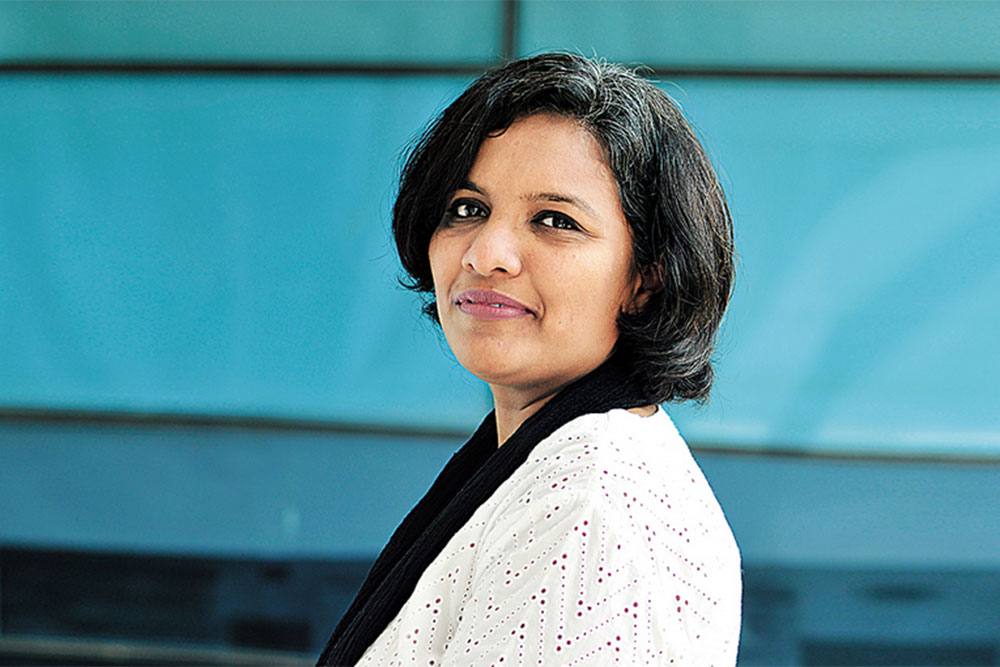How can one not smell the euphoria in the winter air? The Aam Aadmi of India is uniting and this includes the Aam Aadmi from business as well. The Aam Aadmi of business, i.e., the corporate professional, has traditionally shied away from the hustings. Therefore, all the more reason to ask: is this never-seen rush of business professionals to join a brand new political party just a fad, or will something concrete emerge out of this?
Wishful thinking aside, will their participation be — to use a cliché — a game-changer? Their entry is creating an expectation that new thinking will emerge and create a much fairer economic system. Maybe it will over a period of time. Even if it does not, there may not be much to lose.
Those on the sidelines and the so-called right-wing business folk will agree that it’s not bad to have a government whose populism is targeted at the needy. The needy we refer to here are not some loss-making public sector bank, fertiliser company or airline, but those who lack basic access to food, water, shelter, education, electricity and healthcare. Now the caveat: any attempt to re-distribute resources without the correct incentive structure has always resulted in disaster.
The main grouse or scepticism about the AAP today is that the party does not have an agenda beyond its intent to combat corruption. But that in itself is a big enough agenda. Crony capitalism is neither unique nor new to India, but the appalling extent to which it has encroached on the system has resulted in concentrated gains in the hands of a few. That said, the jury is still out on whether crony capitalism can be redirected to create wealth for a much larger section of the society.
The biggest risk to AAP, thus, is not its inexperience or the lack of an economic agenda — hopefully that can evolve over time without dogma, through the participation of more seasoned minds — but whether Arvind Kejriwal can lead this monumental change without getting bogged down by an existing philosophy of leadership by consensus.











